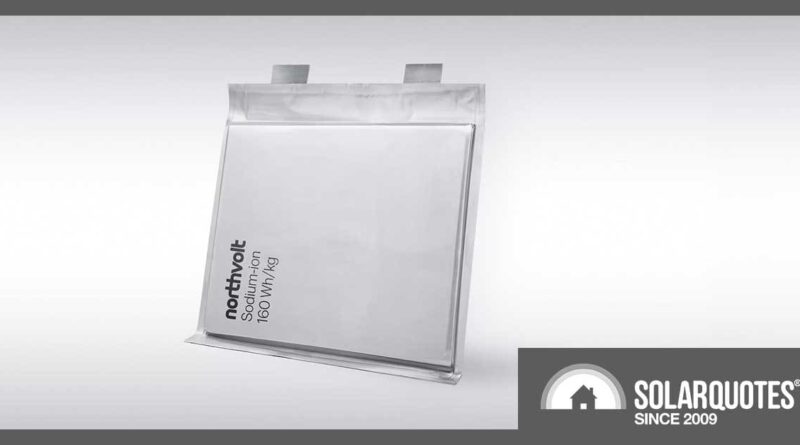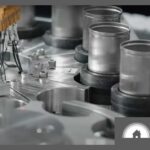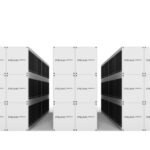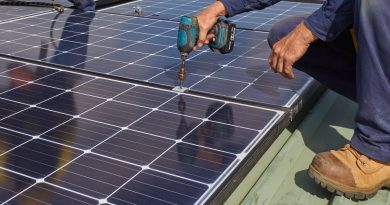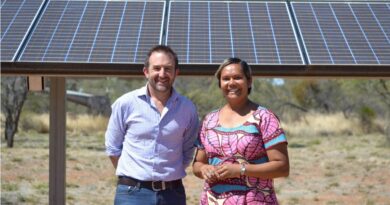Northvolt’s Revolutionary Sodium-Ion Battery Packs Serious Punch
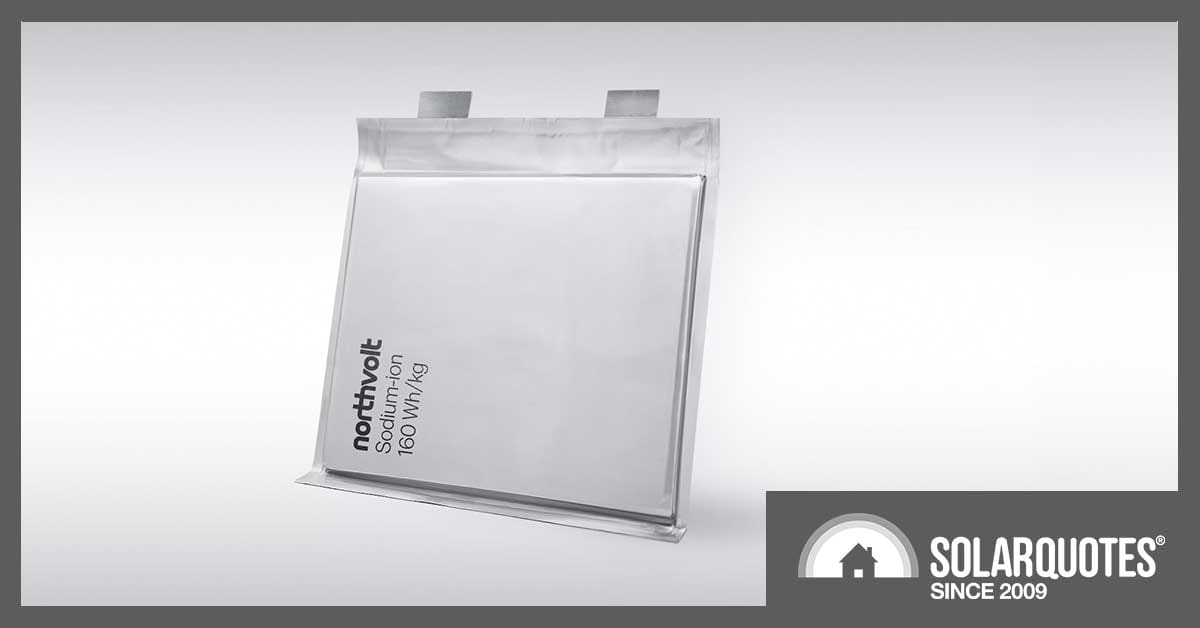
Sweden’s Northvolt is touting a specific energy of 160 watt-hours per kilogram for its newly announced sodium-ion battery cell.
While short of the energy density of the best lithium-ion battery cells – for example, Tesla’s vehicle batteries at the cell level have 190–200 Wh/kg for LFP and 275–300 Wh/kg for nickel-based cells – the density is enough to make sodium-ion a viable stationary battery, using safer and more sustainable chemistries based on iron and sodium.
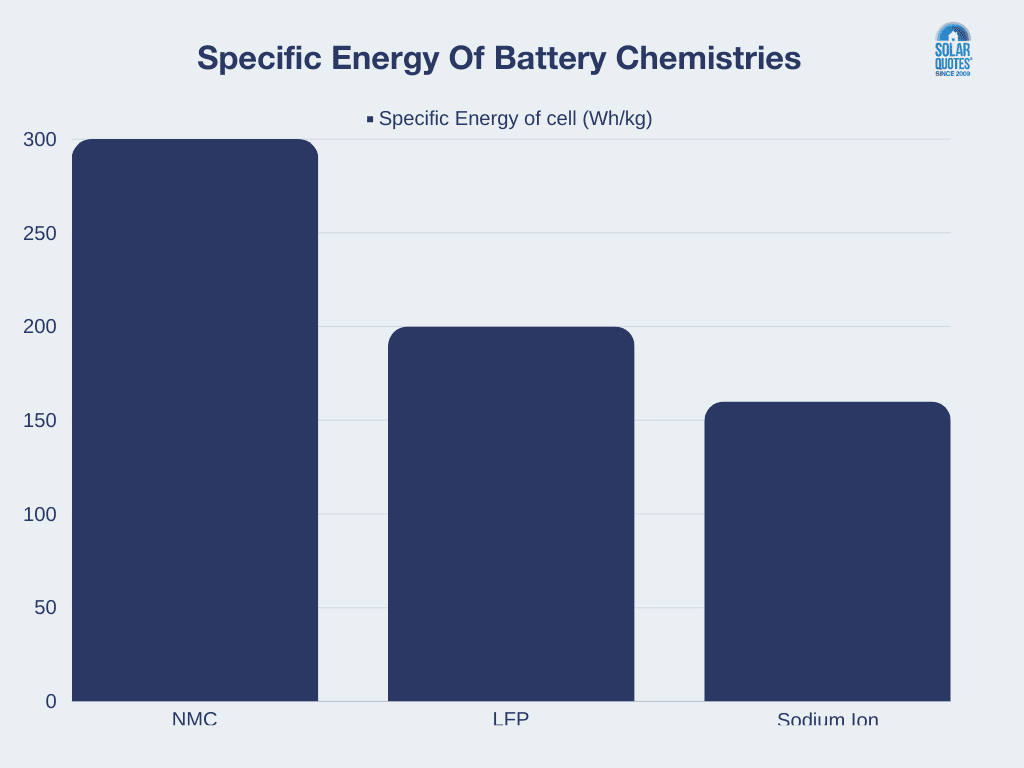
Northvolt’s press release notes this is
“more safe, cost-effective and sustainable than conventional nickel, manganese and cobalt (NMC) or iron phosphate (LFP) chemistries”.
The battery uses a hard carbon anode and a cathode based on Prussian White.
In case Prussian White is also new to you, I’m going to call on this article from the American Chemical Society:
“Prussian white (PW) is considered one of the most promising cathode materials for sodium-ion batteries because of its large ion diffusion channels, low lattice strain, facile preparation, nontoxicity, and low cost.”
According to Macsen Labs, it’s
“the totally reduced and sodiated form of the pigment known as Prussian Blue. The basic building blocks of Prussian White are sodium, iron, carbon, and nitrogen.”
With what it says is a validated cell, Northvolt reckons it can be the first manufacturer to bring Prussian White-based batteries to the global market.
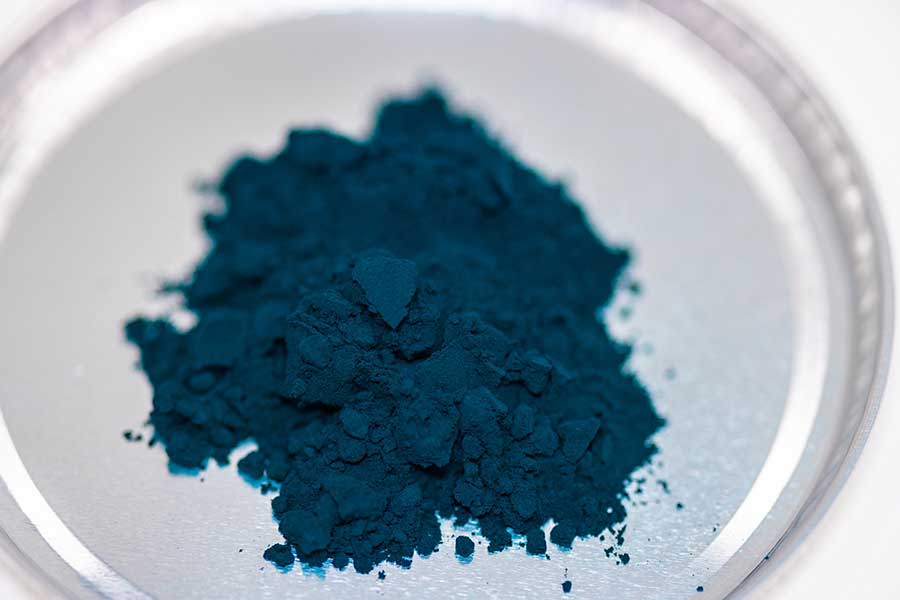
Prussian White in powder form. Image: Northvolt
Peter Carlsson, CEO and co-founder of Northvolt, said:
“The world has put high hopes on sodium-ion, and I’m very pleased to say that we’ve developed a technology that will enable its widespread deployment to accelerate the energy transition … battery technology like this is also crucial to reach global sustainability goals, by making electrification more cost-efficient, sustainable and accessible worldwide.”
Northvolt developed the battery working with research partner Altris, and the company says the battery also offers low cost and safety at high temperatures.
Northvolt also said it can make the batteries with materials sourced locally in Sweden, giving it independence from the traditional lithium-ion supply chain.
The company says future development work could enable it to build EV batteries.
Sodium-ion battery development has typically struggled with cycle life and also the cell volume expanding when fully charged. Nothvolt claims their sodium-ion batteries have ‘exceptional cycle life’, but there’s no mention of the volumetric expansion issue.
Original Source: https://www.solarquotes.com.au/blog/northvolt-sodium-ion-batteries/

